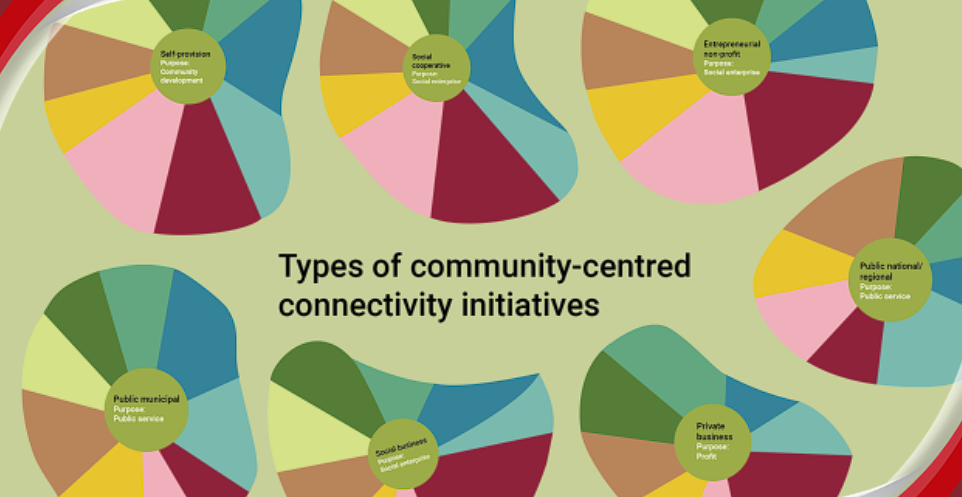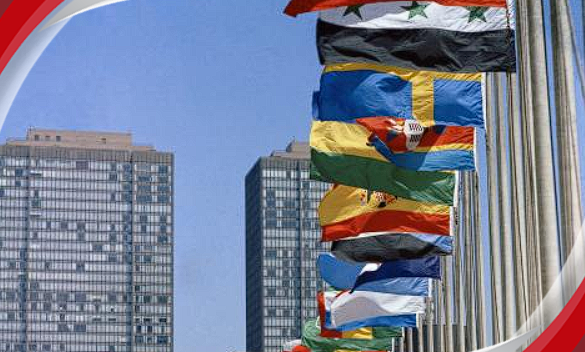Articles
Huawei readies second phase of ICT talent development
-
4 months ago
Huawei has committed to train an additional 150 000 people in Sub-Saharan Africa, through its LEAP digital skills development programme, over the next three years.
This, as the company exceeded the initial targets of the ICT skills initiative, said Gao Xiang, president of Huawei Sub-Saharan Africa, announcing the programme’s extension on Friday.
The announcement was made at Huawei LEAP Summit 2024, at MWC Shanghai in China.
LEAP, which is short for leadership, employability, advancement and possibility, was introduced in April 2022, to foster digital leadership, a skilled ICT workforce, build a digital talent pool, and promote digital literacy among Sub-Saharan African citizens.
It focuses on training for civil servants, training for SMEs, upskilling of ICT professionals, empowering youth through Huawei certifications, as well as collaborating with government and third-party organisations.
At the time of launch, the digital skills development programme aimed to advance the ICT skills of more than 100 000 people across the region within three years, Huawei said.
Speaking at the summit, Xiang said more than 120 000 regional digital candidates have already been trained through the programme, to date, with Huawei reaching its target 10 months ahead of schedule.
“Sub-Saharan Africa is known for its vitality and potential throughout the globe. This is in part due to its population boom, with the youngest and fastest growing population. By 2030, over 40% of the global youth population will be African. By 2050, the number of African youth is expected to reach 830 million.
“Digital technology presents another important opportunity, as ICT widely serves as a tool and accelerator that can help Africa grasp development opportunities.
“Digital talent development can help Africa achieve greater synergy and unleash its enormous potential. Empowering the young population to harness cutting-edge ICT will boost the digital intelligence and development of Africa.”
Xiang noted that young people are now applying the ICT skills learned through the programme to shape the digital future of their own countries.
He called on industry, stakeholders and governments to work together to drive digital talent development in Sub-Saharan Africa, helping young people leap into an intelligent and digital future.
Also attending the summit was John Omo, secretary-general of the African Telecommunications Union (ATU), who said Africa still has the lowest broadband penetration rates in the world.
In terms of ICT education and training, the ranking is below the world average. “The biggest contributor to the access gap in our countries is the issue of digital literacy. Most of our people, especially those that are disadvantaged in rural set-ups, do not feel sufficiently empowered to use gadgets that you and I utilise on a daily basis.
“The opportunity to ensure those of our members that are disadvantaged are sufficiently trained in digital literacy for the purposes of accessing ICT systems and services cannot be stressed enough.”
Omo stated the number of African young people craving opportunities for self-actualisation exceeds imagination. However, they have not been afforded the opportunity they need to realise their full potential.
“Most of the youth that have accessed ICT services use it for information and entertainment, not for production and education. We need to ensure we have people that access ICT systems and services for purposes of learning and production. Digital skills development and access to ICTs is about people − empowering them to participate sufficiently in the digital economy.
“We can do a lot more for our youth if we cooperate in rolling out some of these programmes. As the ATU, we are committed to working with governments, private sector and everyone in the ecosystem to ensure our policies, regulatory processes and operational programmes are in sync.”
MWC Shanghai 2024 was hosted at the Shanghai New International Expo Centre and Kerry Hotel Pudong Shanghai, with key industry stakeholders, thought and business leaders, companies, as well as governments attending.
Related Articles Posts
Categories
Popular Post
-
 SA’s IT spend to outpace GDP growth 1 year ago
SA’s IT spend to outpace GDP growth 1 year ago -
 Vodacom, Netstar launch free in-taxi Wi-... 1 year ago
Vodacom, Netstar launch free in-taxi Wi-... 1 year ago -
 South Africa under pressure to fill cybe... 1 year ago
South Africa under pressure to fill cybe... 1 year ago -
 Organisations with a strong employee val... 1 year ago
Organisations with a strong employee val... 1 year ago -
 Joint policy-in-action event highlights... 1 year ago
Joint policy-in-action event highlights... 1 year ago -
 Boost your digital transformation journe... 1 year ago
Boost your digital transformation journe... 1 year ago








